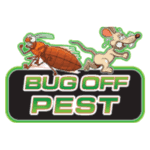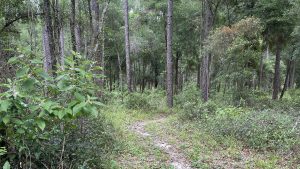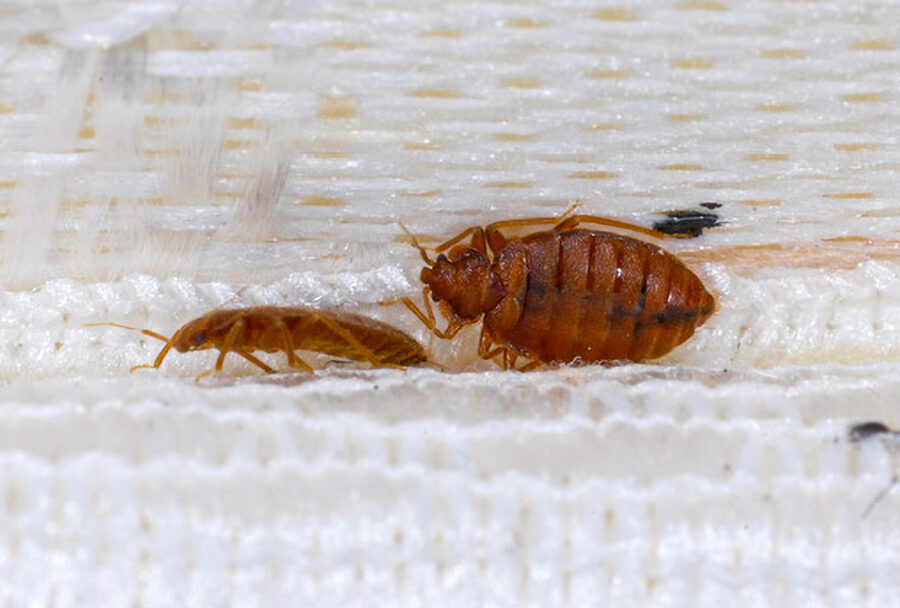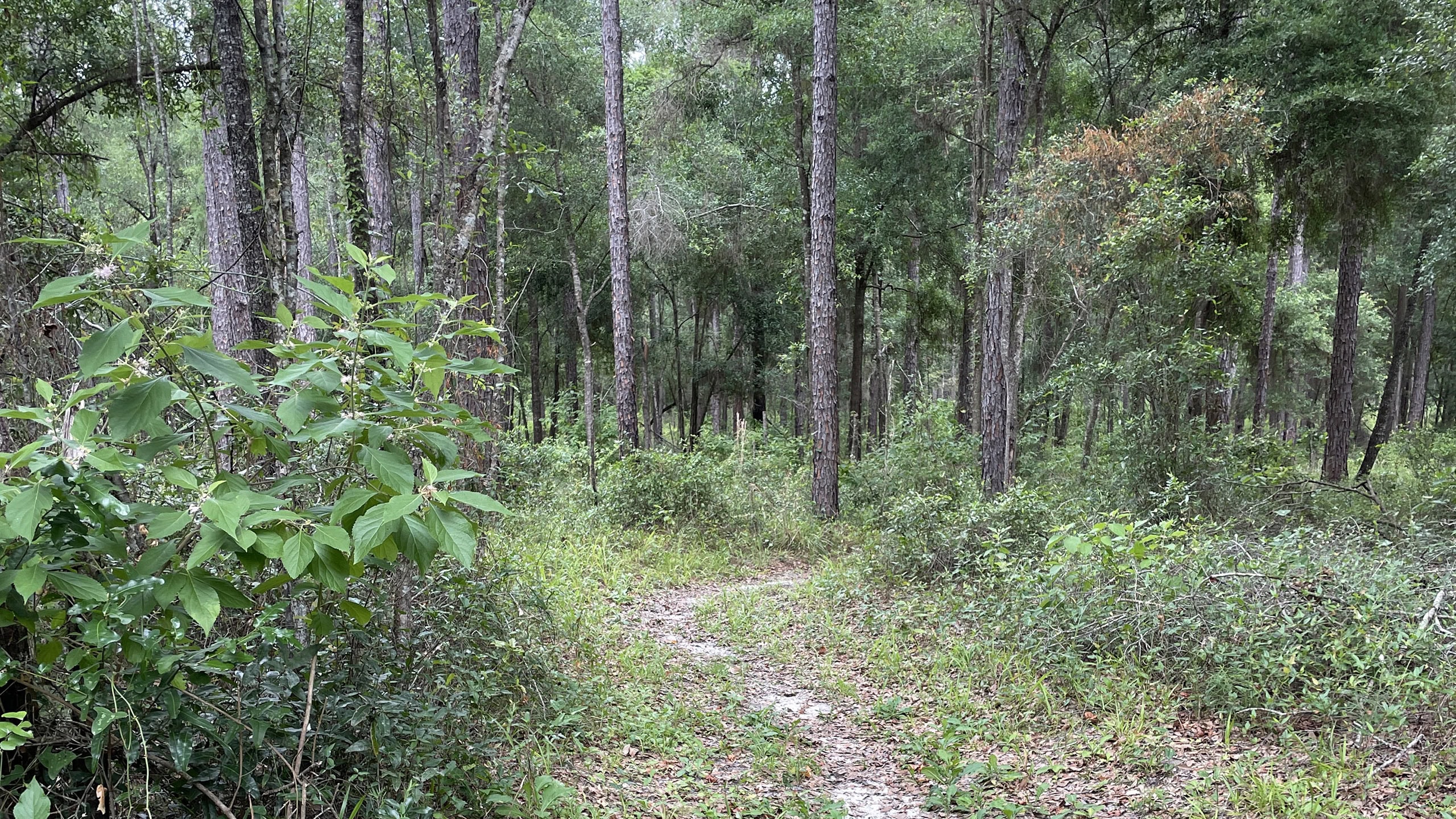This post Neonicotinoid Exposure Worsens Varroa Mite Infestations in Honey Bees, Study Shows appeared first on Entomology Today – Brought to you by the Entomological Society of America.
Honey bee colonies that feed on pollen contaminated with neonicotinoid insecticide show higher levels of parasitism by Varroa destructor mites, a new study finds. The researchers say it is the first experimental field demonstration of how neonic exposure can increase Varroa populations in honey bees. [Read more]
The post Neonicotinoid Exposure Worsens Varroa Mite Infestations in Honey Bees, Study Shows appeared first on Entomology Today.











